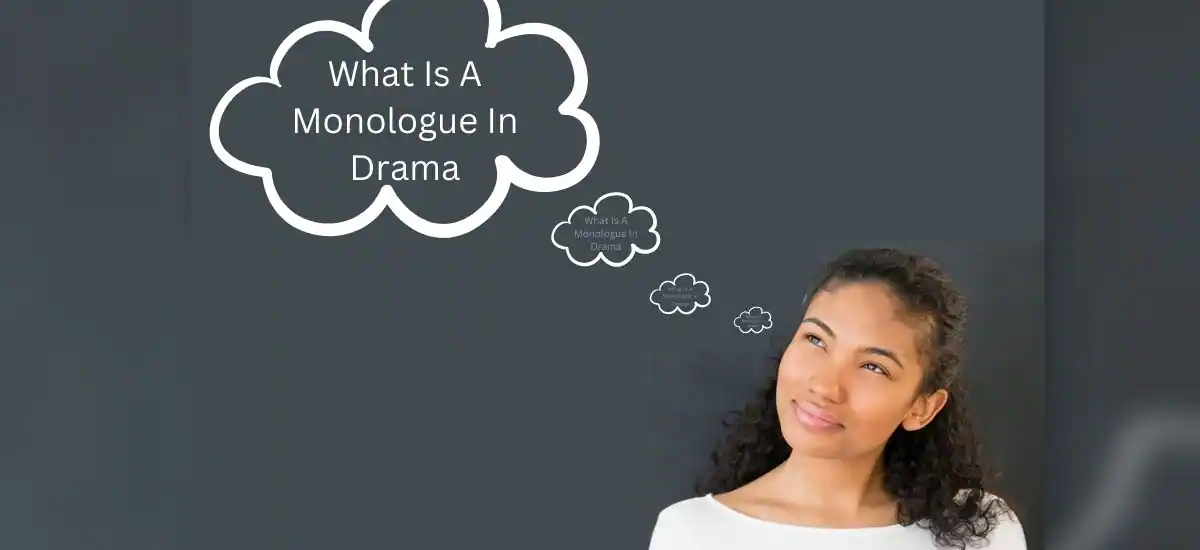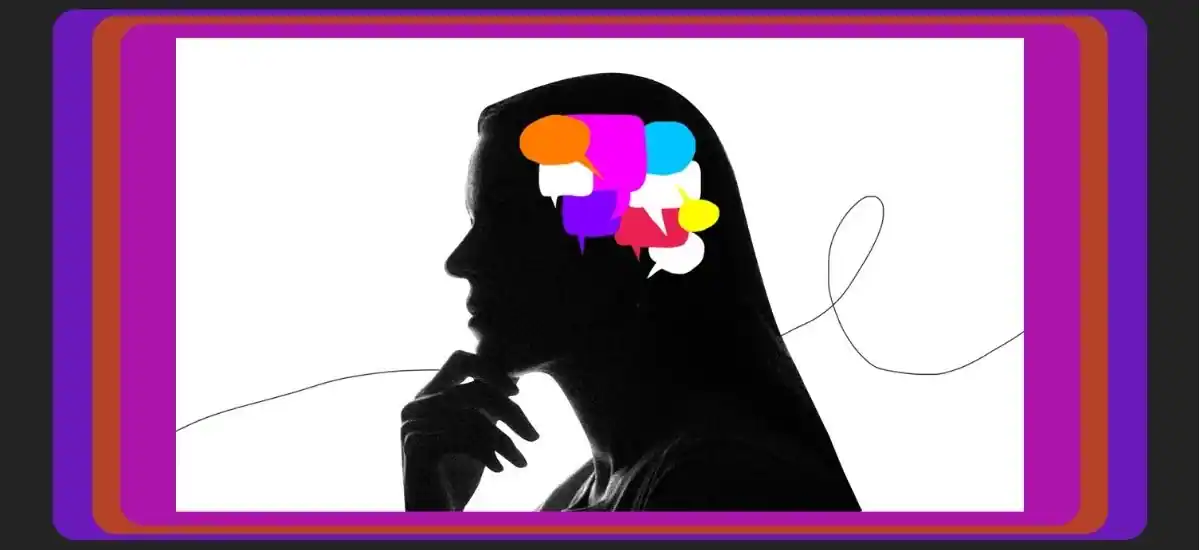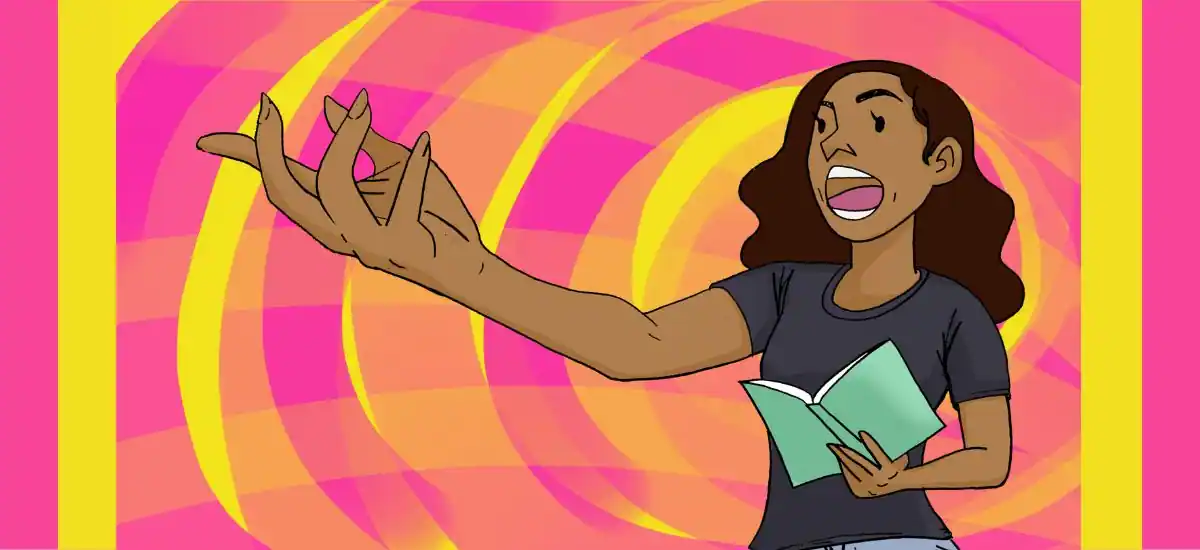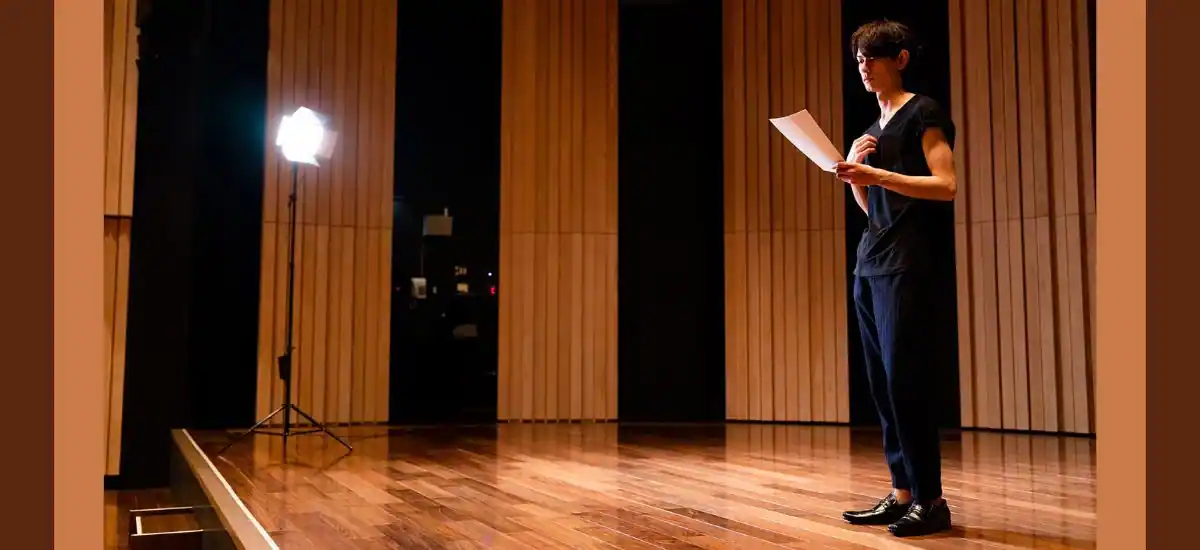Have you ever wondered, What is a monologue in drama? They are nothing but expressions of thoughts to one or more people and sometimes, even to the entire audience.
It is a great way to understand what is going on in a character’s mind. The audience can know whether he or she is a good or an evil character through his monologues.
If you want to learn what is a monologue in drama, its types, examples, and more, then continue scrolling!
What Is A Monologue?
Derived from Greek, a monologue is a speech that means solitary or alone. It is presented by a single character to express their thoughts out loud to the world or another person.
Monologues are commonly found in films, plays, and other dramatic media or non-dramatic media like poetry. It has little few similarities with other literary fields like asides, apostrophes, and soliloquies.
You May Also Like: A Full Guide What Is A Method Actor
Types Of Monologue
There are three types of monologues, such as:
1. Soliloquy
A soliloquy is a speech that a character gives to himself where he is the sole listener. A speaker talks out loud while he is having a conversation with himself.
But of course, the audience can hear the speech but the speaker is not aware of it.
Let’s take an example of a comedy show where a character is pictured giving themselves a pep talk, or an uplifting speech in the mirror.
He or she has no idea that their friend is secretly watching and laughing at them.
You can find more examples of Soliloquies in Shakespeare’s dramas where he used them as a dramatic device to share the inner thoughts of the character.
2. Dramatic Monologue
A dramatic monologue is a speech given by a character to another character or the audience.
It can be informal or formal, serious or funny. But it is important, both in purpose and length.
For example, a shot or a scene that showcases the president’s speech to his followers has a dramatic monologue that is important yet lengthy.
In fact, in film, TV, and theater, all the delivered speeches are given by a single character to the viewers or audience or one character. These are called dramatic monologues.
3. Internal Monologue
Internal monologues are those where the audience can witness or read and understand what is the character thinking in his or her mind. Sometimes, it is also known as a stream of consciousness.
While writing inner monologues in a book, the reader can find the piece easily written in italicized blocks of text. These tests express the character’s inner thoughts and feelings.
In films and TV, inner monologues are usually spoken in the character’s voice. But the audience hardly sees him utter a single word.
But they can hear his thoughts and understand his feelings through internal monologues.
Do You Know: How You Get An Agent For Acting
What Is A Dramatic Monologue?
As the name suggests, a dramatic monologue is a long speech by one person to the other person or a large group of the audience with a theatrical quality.
It is kind of a lyric or a poem that is dramatic in the sense to express their feelings out loud without any dialogue coming from any other characters.
The reason behind authors and poets choosing this is to express the feelings of the character in words that may not always be the opinions or views of the poet.
Imagine, a person standing on a stage alone to speak to the audience, and he or she is conveying their emotions to a specific person.
However, there are times when the speaker is trying to convince something that may or may not be telling the whole truth.
Their words are indirectly conveying or revealing something that makes the entire plot or poem more interesting.
Examples Of Dramatic Monologues?
You can find various examples of dramatic monologues in literature. These types of monologues are easily recognizable because they are different from other monologues.
Sometimes, poems and other literary works written by a single speaker also serve as a good source of romantic monologues.
Romeo and Juliet Monologues
There are various dramatic monologues spoken by various characters in Romeo and Juliet by William Shakespeare. Let’s take a look at the most romantic monologue Act II, Scene II.
“But, soft! What light through yonder window breaks?
It is the east, and Juliet is the sun.
Arise, fair sun, and kill the envious moon,
Who is already sick and pale with grief,
That thou her maid art far more fair than she:
Be not her maid, since she is envious;
Her vestal livery is but sick and green
And none but fools do wear it; cast it off.
It is my lady, O, it is my love!
O, that she knew she were!
She speaks yet she says nothing: what of that?
Her eye discourses; I will answer it.
I am too bold, ’tis not to me she speaks:
Two of the fairest stars in all the heaven,
Having some business, do entreat her eyes
To twinkle in their spheres till they return.
What if her eyes were there, they in her head?
The brightness of her cheek would shame those stars,
As daylight doth a lamp; her eyes in heaven
Would through the airy region stream so bright
That birds would sing and think it were not night.
See, how she leans her cheek upon her hand!
O, that I were a glove upon that hand,
That I might touch that cheek!”
In this monologue, Romeo admires Juliet’s beauty and longs for her attention. He conveys his inner thoughts through a monologue to give the audience a chance to see how passionate, and genuine his feelings are.
Read This: What Production Designer Do?
Dramatic Monologue In ”My Last Duchess” By Robert Browning
Robert Browning wrote a beautiful monologue into poetry in My Last Duchess. In this conversational monologue, the Duke is showing a houseguest a portrait of his late wife and talks about her in a respectful and wistful tone.
“That’s my last Duchess painted on the wall,
Looking as if she were alive. I call
That piece a wonder, now; Fra Pandolf’s hands
Worked busily a day, and there she stands.
Will’t please you sit and look at her?”
Here are some other examples of dramatic monologue:
- The Bishop Orders His Tomb by Robert Browning
- Andrea del Sarto by Robert Browning
- Men and Women by Robert Browning
- Christmas Eve and Easter Day by Robert Browning
- Dramatis Personae by Robert Browning
- The Love Song of J. Alfred Prufrock by Eliot
- Ulysses by Tennyson
Frequently Asked Questions.
Q1. What is a monologue in communication?
A monologue is an oral communication that is conveyed by one person. It can also be a long one-sided conversation.
Besides, the word “monologue” originates from Greek and it means “speaking alone” where one person does all the talking.
The speech sometimes can be disapproving or expressing thoughts out loud to other people.
Q2. What are monologue examples for students?
One good example is about a school student, who has a monologue with his doctor.
“Whenever I’m on my way to school, I always worry that suddenly I will receive a call that my parents are no more or I’m going to get into a car accident.
So I try to shut down these thoughts and play loud music on my phone. Once I reach my school, the crazy thought continues.
I used to be a good student with good grades. But now I hardly know what my teacher is saying in the lecture.”
Q3. What is the difference between monologue and soliloquy?
Monologues and Soliloquies have one thing in common and that is: both involve a solitary speaker.
The difference between the two does not have anything to do with who is speaking but who is listening.
Monologue
A monologue is a speech given by one person to his or her audience. We can take Marc Antony’s example from Shakespeare’s Julius Caesar: Here is how it begins:
“Friends, Romans, countrymen, lend me your ears;
I come to bury Caesar, not to praise him.
The evil that men do lives after them;
The good is oft interred with their bones:
So let it be with Caesar.”
This is just a small example. Sometimes, the monologue can also be delivered to the audience sitting in the theater and watching the entire play.
Soliloquy
The word Soliloquy is derived from Latin, where solus means alone and loqui means to speak. This speech is given to oneself out loud or while having an inner conversation. Have a look at Act III, Scene 1 of Hamlet:
“To be, or not to be, — that is the question: —
Whether ’tis nobler in the mind to suffer
The slings and arrows of outrageous fortune
Or to take arms against a sea of troubles,
And by opposing end them?”
In this play, the character is talking to themself (thinking out loud) so that the audience knows what is going on inside a character’s head.
Q4. What is the main function of a monologue?
The main functions of monologues are as follows:
- It allows one character to address other characters present in the scene or/and the audience/reader.
- It is effective and purposeful in storytelling as it gives information about the plot and the character to the audience.
- It should be used carefully to share the backstory and internal thoughts of a character.
- It vocalizes the character’s thoughts.
- It is a device used in theaters to give a speech on the stage, on television, or on film.
Read More: How Much Actors Make




